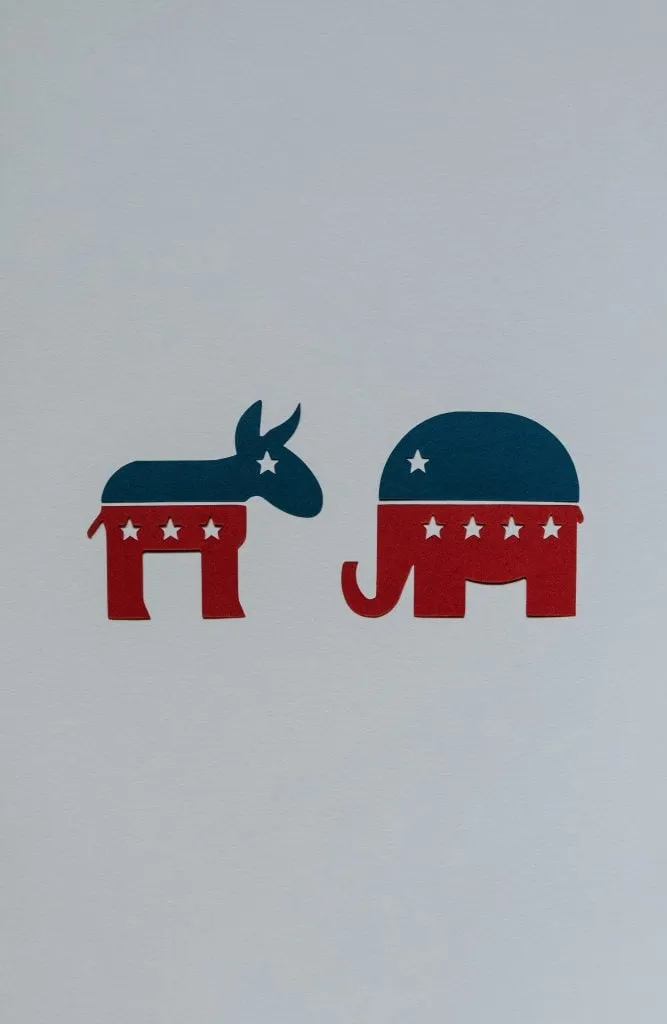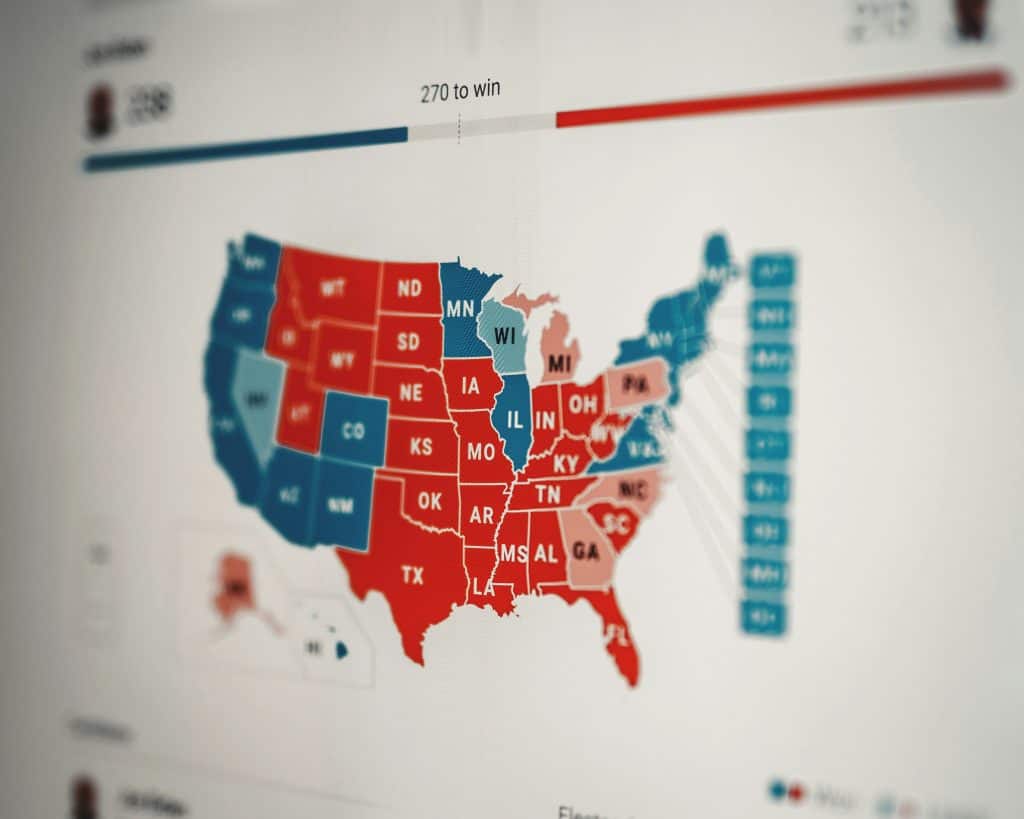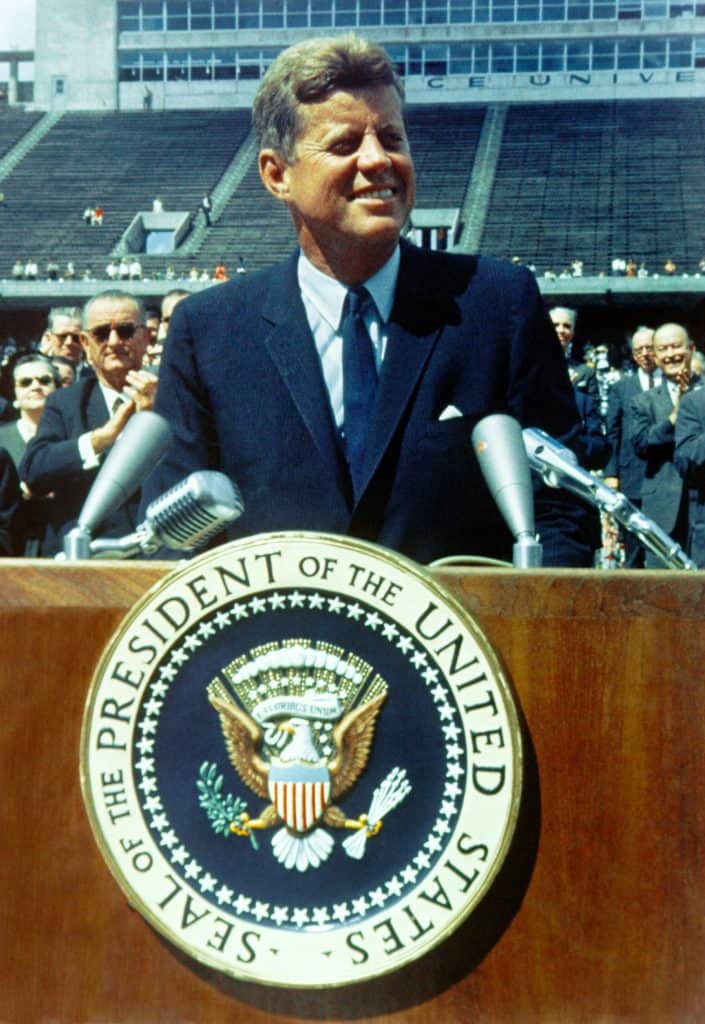How to Be a Loyal Democrat

Let us be quite frank: trying to explain what it means to be a loyal Democrat may feel more like nailing Jello to the wall. But honesty deserves an answer, and the party happens to be older than sliced bread. Literally—it was founded in 1844, sliced bread arrived in 1928, and we might as well take the proverbial plunge.
The short answer? Today’s Democrats want to create what they call a “land of more freedom and more rights.” The longer answer involves a political party that has performed more ideological pirouettes than a prima ballerina.
What Modern Democrats Truly Believe

If you walked into a Democratic Party meeting today, you would hear a lot about protecting democracy, tackling climate change, and ensuring everyone gets a “fair shot at getting ahead.”
However, let us examine the finer details. The party platform features a range of ideas: expand voting access, fight environmental degradation, enforce stricter gun laws, and support progressive taxation where wealthy businesses pay more. They are the party that brought you Social Security, the Civil Rights Act, and Obamacare. In short, America after 1964 was never the same again.
Historically, Democrats were inclined toward an interesting amalgamation of Jeffersonian and populist philosophy. They either came from the working classes or stood for a more agrarian society and owned large family farms. Trade and westward expansion were viewed and approached with caution. Large financial institutions, such as Alexander Hamilton’s bank, were avoided at all costs. Protestant faith guided the majority of Democrats before the influx of Irish and southern European immigrants. Southern Democrats, called “Dixiecrats,” opposed the sweeping reforms of Franklin D. Roosevelt and the turbulent aftermath of the Civil Rights movement.
Today, the party spans from the leftist “Squad” ( progressives who make headlines) to the more moderate Democrats who prefer less drama. It’s like a political big tent, assuming your tent can accommodate both democratic socialists and folks who think corporations are not entirely evil.
How Democrats Differ From Republicans
Here’s where things get interesting. While Republicans traditionally favor robust military spending and cutting taxes, Democrats tend to prefer government intervention in solving social problems. Hence, the two schools of American public thought: “pull yourself up by your bootstraps” versus “maybe we should make sure everyone has boots first.”
Democrats typically dominate in larger cities, where people enjoy things like public transportation and kale. Republicans tend to plant their flags in rural America, where people prefer trucks and common sense, or so they say. And in suburbia? That is where the real political chess match happens every election cycle.
The Great Democratic Evolution

Due to historical factors, the political party’s transition now makes more sense to the post-modern mind. The Democratic Party of today bears about as much resemblance to the Democratic Party of 1850. Early Democrats were, as a whole, conservative farmers who distrusted big government and big business. Fast-forward to FDR’s New Deal in the 1930s, and suddenly Democrats became the party of big government solutions. The transformation bears an uncanny resemblance to the ancient legend of Metamorphoses.
With the rise of the Irish in the Mid-Atlantic and New England politics, John F. Kennedy assumed the office of president in 1961. Then, after Kennedy’s death came the Civil Rights Act, and—as Lyndon B. Johnson reportedly predicted—the South went Republican “for a long time to come.” Politics surely makes for strange bedfellows.
The Donkey in the Room
But why a donkey? Blame Andrew Jackson and a cartoonist named Thomas Nast. Jackson’s opponents referred to Jackson as a “jackass” in 1828. The expression struck quite a chord, but instead of being offended, Jackson ordered donkeys to be placed on his campaign posters.
Whether you believe or stand against them, Democrats represent something uniquely American: the belief that government can be a force for good, that progress is possible, and that maybe we can build a purely fair society. Republicans argue Democrats are the party of oppressive government overreach, disguised as helpful social programs.
The Democratic Party today is essentially what you get when you take 180 years of American political revolution and a genuine belief that collective action can solve problems. Whether that is inspiring or terrifying depends upon your own beliefs in this complex land called America.
